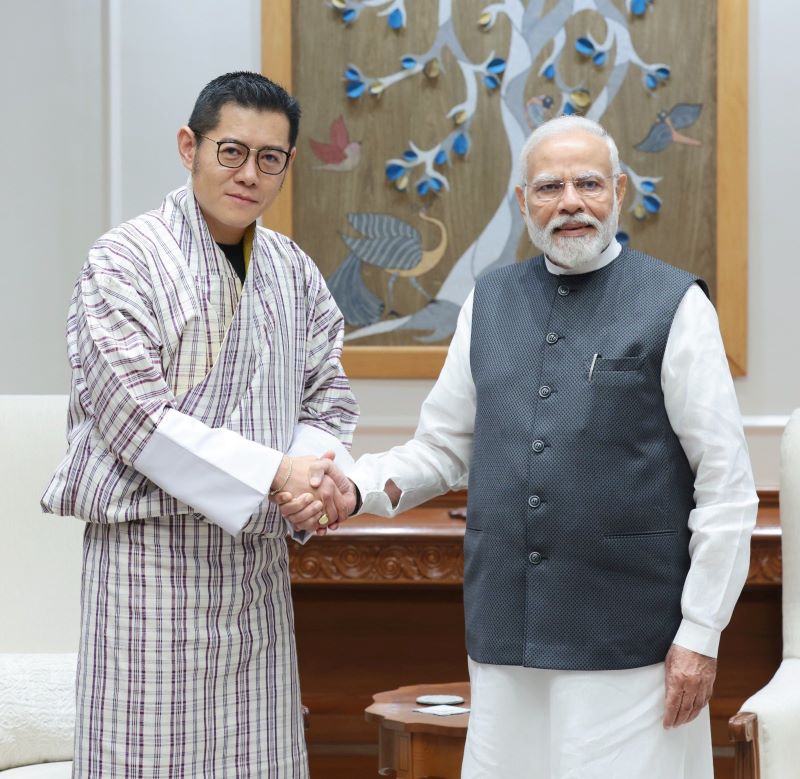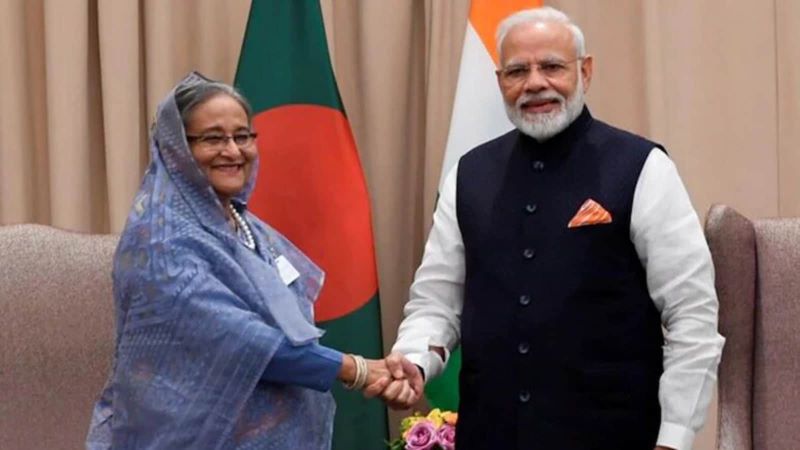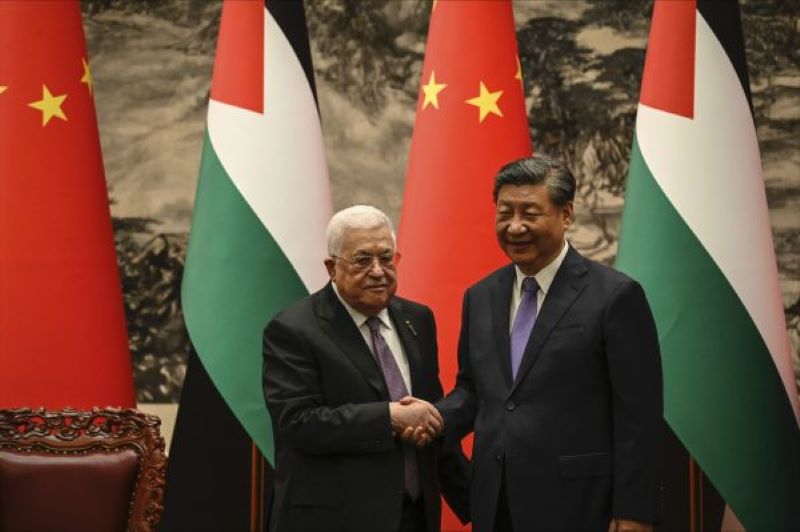China has become the first country on Wednesday to formally name a new ambassador to Afghanistan since the Taliban takeover, after its envoy presented credentials at a ceremony in Kabul, the Reuters reported.
With the new Chinese ambassador taking over in Kabul, engagements between the two sides are bound to grow. It gives Beijing leverage to negotiate both with Afghanistan and Pakistan. The impact of China- Pakistan- Taliban nexus would be very much visible in the region and have consequences for South and Central Asia too.
China Ambassador Zhao Sheng was welcomed at the Presidential Palace escorted by a police convoy. The Taliban hailed China’s new ambassador to Afghanistan saying that his arrival is a sign for other nations to come forward and establish relations with them. The Taliban seized power in August 2021 after the withdrawal of US-led NATO forces followed by two decades of war. Since then, Taliban leaders have been put under sanctions and no country has recognised their rule as legitimate.
It is the first time since the Taliban takeover that an ambassador to Kabul has been afforded a lavish protocol. He was greeted by uniformed troops and met top-ranking Taliban officials, including Mohammad Hassan Akhund, who heads the administration, and Foreign Affairs Minister Amir Khan Muttaqi.
Muttaqi said that China and Afghanistan had special ties and that Zhao Sheng’s nomination was a “significant step with a significant message.” He did not elaborate further.
China has been among the countries, who are actively engaging with the Taliban, although so far it too has stopped short of recognizing the Taliban government. Foreign Minister Wang Yi became one of the first foreign officials to visit the new regime, making a surprise stopover in Kabul in March 2022. At the time, Muttaqi proclaimed the visitors from China to be “the most important high-level delegation received by Afghanistan.”
Since then, Beijing has repeatedly encouraged Afghanistan’s participation in the Belt and Road Initiative and voiced support for frozen national assets to be returned to the Taliban. In turn, the Taliban have accorded all diplomatic priorities to China, including the new ambassador’s lavish welcome.
Over the years, China maintained direct communication with the Taliban, and Chinese leaders have met the Taliban figures on several occasions, bilaterally and internationally, underscoring China’s warming ties with the Islamist group. Beijing had also invited the Taliban to send representative to the Third Foreign Ministers’ Meeting among the neighbouring countries of Afghanistan, held in the city of Tunxi on March 31, 2022. It was the first time that a Taliban official had attended this gathering of China, Iran, Pakistan, Russia, Tajikistan, Turkmenistan and Uzbekistan.
China has been working since long to fill the vacuum created by the US withdrawal from Afghanistan. It even courted the Afghan Taliban during the meetings in 2018 and 2019, at the same time as the US negotiations were going on for a peace deal in Doha. The depth of Chinese engagements with the Taliban regime can be gauged from the fact that a nine member Taliban delegation had travelled to China to seek Beijing’s advice on the tehn US President Donald Trump’s proposed deal for a peace framework. This meeting made it clear that China exercised considerable influence over the Islamist group.
China’s strategy in Afghanistan is guided by its economic and security interests in the country. Beijing is keen to exploit Afghanistan’s vast mineral wealth particularly lithium mining, and gain a foothold in the region.
The Taliban seized power in August 2021 as U.S. and NATO forces withdrew after two decades of war. Their leaders are under sanctions and no country recognizes them as Afghanistan’s legitimate rulers. The country’s seat at the United Nations is still held by the former Western-backed government that was led by Ashraf Ghani.
The Taliban have not been officially recognised by any foreign government, and Beijing did not indicate whether Wednesday’s appointment signalled any wider steps towards formal recognition of the Taliban.
“This is the normal rotation of China’s ambassador to Afghanistan, and is intended to continue advancing dialogue and cooperation between China and Afghanistan,” China’s foreign ministry said in a statement. “China’s policy towards Afghanistan is clear and consistent.”





